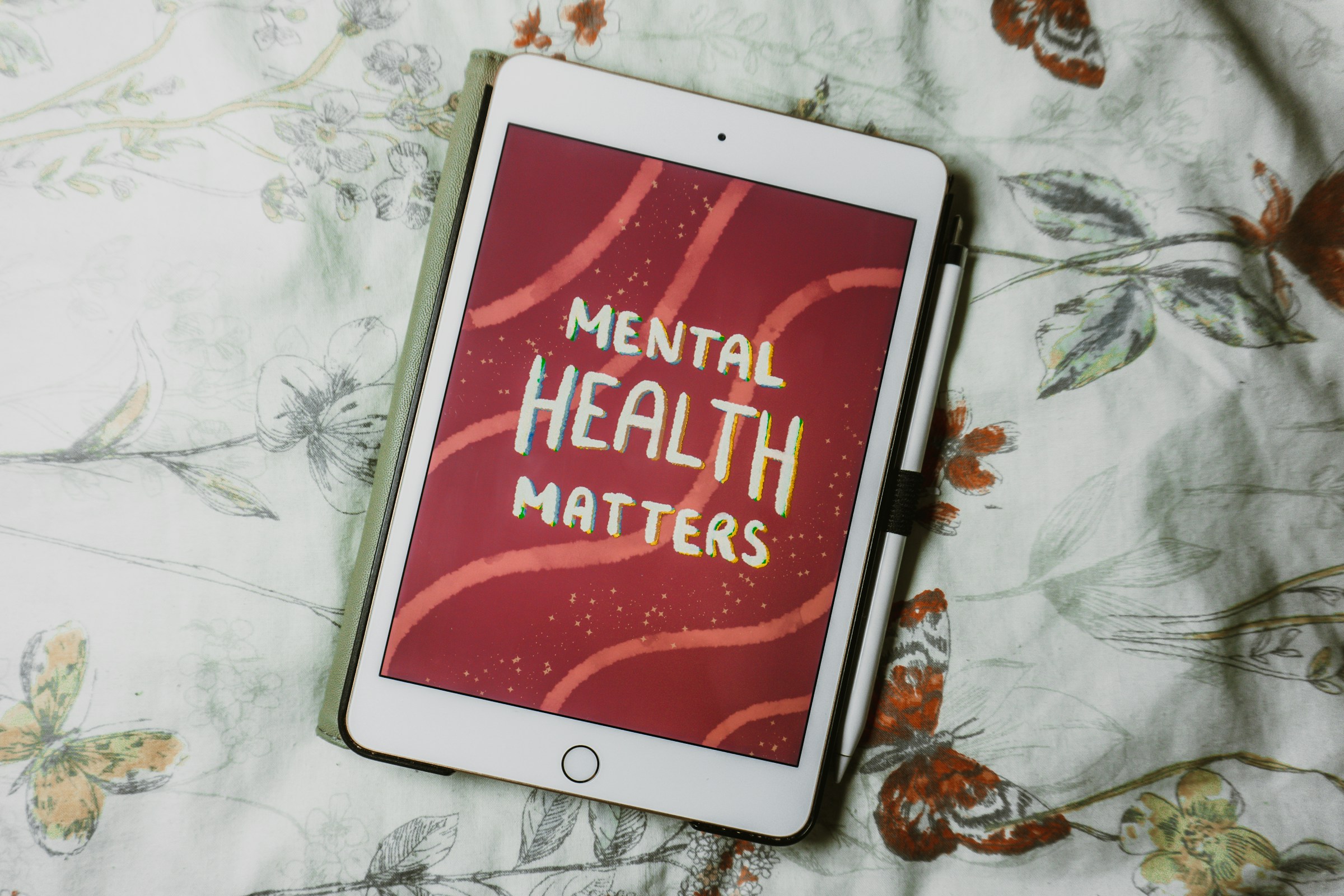As we mark Mental Health Awareness Month this May, it is time to bring mobile students, especially those participating in Erasmus+, into the mental health conversation in a more intentional and sustained way.
While studying abroad is frequently portrayed as a highlight of the university experience, the reality is more complex. Many mobile students face emotional strain, adjustment difficulties, and an absence of dedicated mental health support. The Mobile Minds in Motion (MMM) project was launched to better understand these challenges and to support institutions in creating environments where Erasmus+ mobility students can thrive, not just academically, but personally and emotionally.
A Clear Disconnection Between Needs and Support
In 2023 and 2024, the MMM consortium surveyed over 2,100 Erasmus+ students and 190 higher education staff members. The findings revealed a consistent and concerning picture:
- 79% of students consider mental health support very important
- 75% reported receiving no mental health support before, during, or after their mobility
- Over 90% of staff said they regularly dealt with mental health concerns, yet few feel properly equipped to respond
These results point to a significant and systemic gap between the emotional needs of mobile students and the higher education institutional responses currently in place.
Mapping the Landscape: From Challenges to Solutions
The State of Play report produced within the MMM project combines insights from over 100 sources, including academic studies, policy documents, university strategies, and Erasmus+ project outcomes. The analysis identifies recurring patterns across five dimensions: problems, triggers, protective factors, prevention strategies, and existing solutions.
The mental health challenges reported by students are diverse, ranging from anxiety and depression to social isolation, academic pressure, and difficulties adjusting to new cultural or linguistic environments. These issues are often triggered by stressors such as mismatched academic systems, poor housing conditions, unclear administrative processes, or a lack of meaningful social connections in the host country.
At the same time, the report identifies protective factors that can help students manage these challenges. Supportive peer networks, access to counselling, resilient mindsets, and proactive institutional engagement can make a significant difference in shaping the mobility experience.
The analysis also highlights a number of practical interventions. These include offering pre-departure preparation sessions focused on well-being, promoting intercultural training, developing easily accessible online mental health tools, and ensuring that staff and coordinators receive the training they need to support students empathetically and effectively.
Research Gaps and Limitations
Despite growing awareness of the problem of mental health, the report also exposes significant knowledge gaps. Much of the existing research focuses on international students in general, without addressing the specific dynamics of Erasmus+ or other short-term mobility programmes. European contexts are underrepresented, and there is limited exploration of the full mobility timeline, particularly the post-return phase.
Moreover, most studies focus on identifying negative symptoms rather than exploring the full spectrum of student well-being, including growth, autonomy, and emotional development. The voice and agency of students themselves are often missing, with research tending to describe what happens to students rather than what they do to shape their experience.
A Culture of Care and Prevention
The aim of the MMM project is not only to address existing gaps but to help shape a future where mental health is treated as an integral part of the mobility experience. Prevention matters. And so does creating space for open, honest conversations about mental well-being. The MMM project will share the best practices with European Higher education institutions for improving Erasmus+ mobility students’ mental health.
Supporting students means more than reacting to crises. It means breaking the stigma around mental health, fostering a culture of care, and building environments where mobile students feel empowered, connected, and resilient, before, during, and after their journey abroad.
To follow the journey, access the latest findings, and discover tools as they become available, we invite you to subscribe to the MMM mailing list.
Cover photo by Emily Underworld on Unsplash

